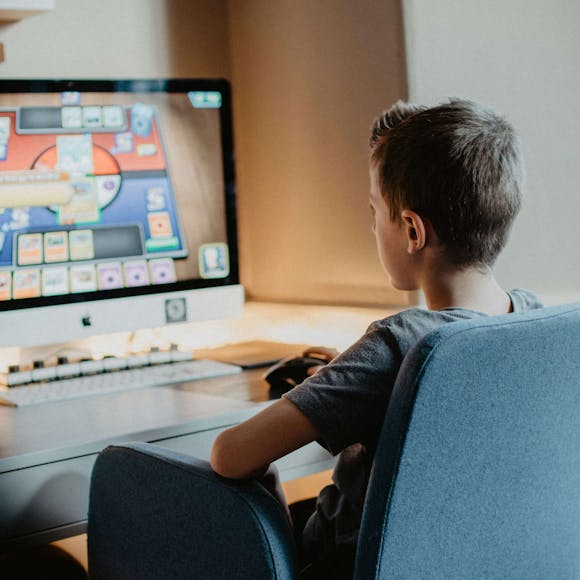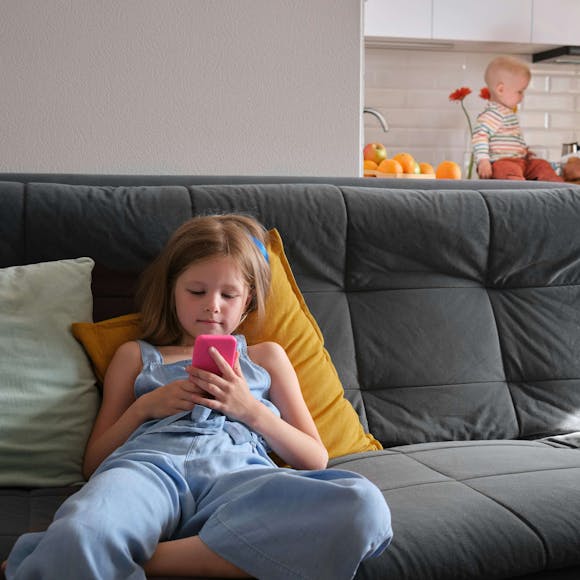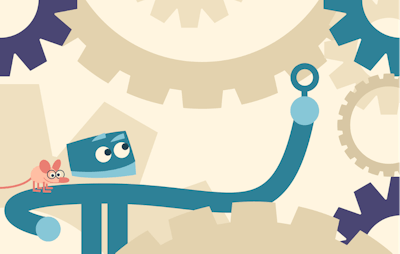Screen time
Learn how digital media affects your child’s brain, sleep, focus, and mood—plus how to set healthy boundaries without guilt or conflict.


Screens are part of everyday life, but excessive or unstructured screen time can affect attention, sleep, behavior, and emotional regulation in children. Not all screen time is harmful—some content supports learning and creativity. The key is mindful use. By understanding the risks and benefits, parents can create healthier digital habits that work for their child and family.

When screen time becomes excessive, children may show signs like irritability when unplugged, difficulty sleeping, reduced physical activity, or withdrawal from other interests. You might also notice shorter attention spans, emotional outbursts, or challenges with social interaction. These signs signal it may be time to reassess your child’s media habits.
Experts in child development and mental health can help you understand your child’s screen use and its emotional or behavioral effects. They offer realistic, age-appropriate strategies for setting limits, encouraging balance, and reducing conflicts. With professional guidance, families can build healthier routines that support learning, connection, and well-being.
Recommended experts
Playful developmental games that help kids grow with confidence
Designed to support cognitive and developmental growth, our games turn screen time into meaningful moments of learning, focus, and joy.








Learn how to support your child’s focus, mood, and development while making screen time healthier and more intentional.